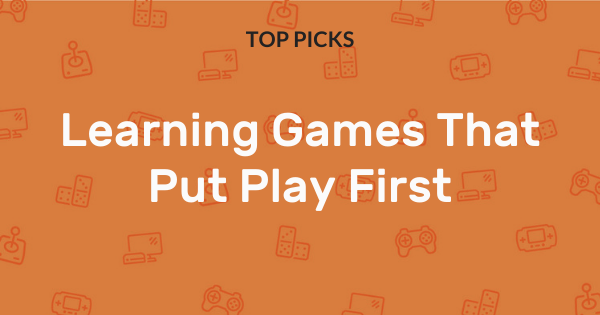7 best educational games for learning subjects
Last Updated on May 30, 2024 by Jhonni Jets
Educational video games have become an increasingly popular way for students to learn while having fun. Well-designed games can help reinforce lessons and concepts in an engaging manner. This article will explore 7 of the best educational games for learning a variety of school subjects, including mathematics, science, history and more. Each game promotes learning through interactive gameplay and challenges students to apply their knowledge.
1. Math Blaster
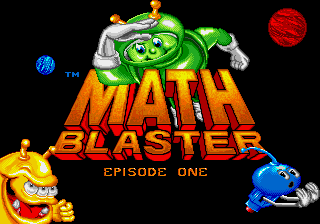
Math Blaster is one of the classic educational games for teaching basic math skills to elementary school students. Released in 1987, it uses a space theme to motivate kids to practice addition, subtraction, multiplication and division. Players take on the role of cadets training at the “Math Blast Academy” to defend the galaxy from math-eating monsters. mini-games allow children to hone everything from counting to complex word problems in a fun, fast-paced environment. Over 30 levels ensure the game stays challenging as skills improve. With its kid-friendly interface and math reinforcement, Math Blaster remains highly effective even after 35 years.
2. DimensionU
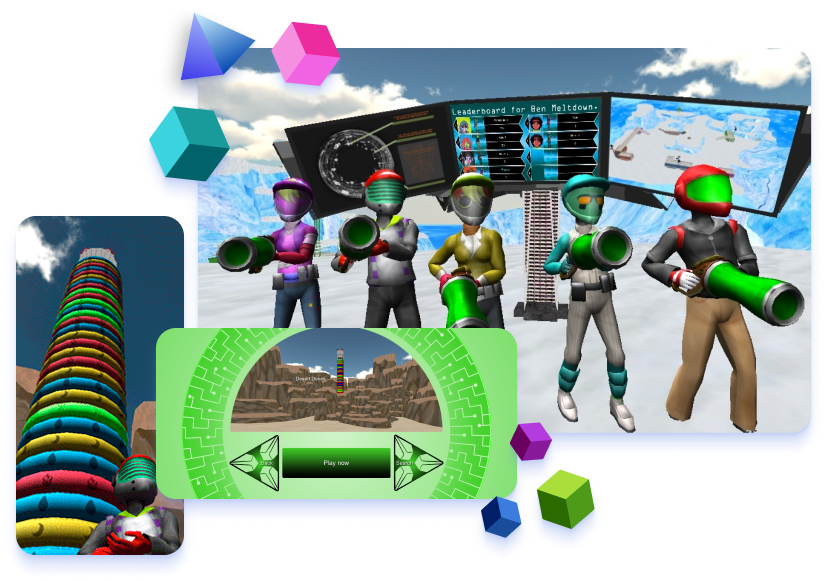
For middle and high school students interested in math and science, DimensionU is an immersive 3D world where they take on challenges related to physics concepts. Players join an organization called Dimension Control that studies anomalies in the fabric of spacetime. Through puzzle-solving missions, they put classroom lessons about motion, forces, energy and materials to practical use. For example, one task requires using Newton’s laws of motion to launch a projectile at a target. DimensionU helps bring normally abstract STEM principles to life in an visually appealing virtual sandbox. It also aims to spark curiosity about related careers in science and engineering.
3. The Oregon Trail
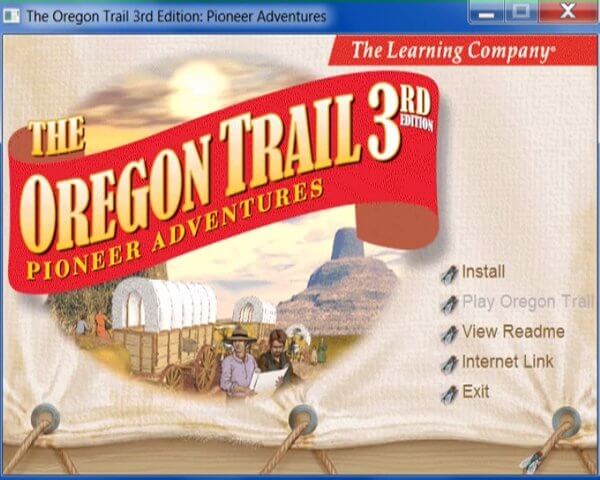
Originally released in 1971, The Oregon Trail is considered a seminal work in educational gaming. Developed by Don Rawitsch, Melodie Sinclair and Bill Heinemann at the Minnesota Educational Computing Consortium (MECC), it teaches American history by simulating the experiences of 19th century pioneers traveling the 2,000-mile route along the Oregon Trail. Players choose a profession, buy supplies and make choices that impact their journey West, dealing with unpredictable hardships along the way. California Trail and Oregon Trail II continued developing the franchise. While very basic graphically, the game immerses students in historical decision-making and the challenges of settling the American frontier. It remains deeply influential.
4. Code Spell
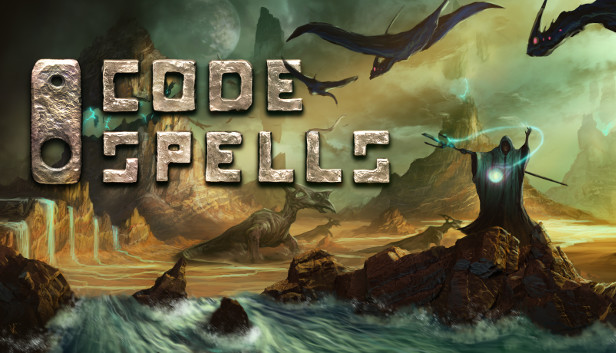
Code Spell is a creative multiplayer puzzle game that uses magic and spells to introduce programming concepts. Players join the Code Kingdom to help the young Wizard Learny learn coding. They do this by casting programming spells drawn from real coding languages like JavaScript, Python, C++ and Java. Each spell teaches basic programming structures, algorithms, variables and more. Players cooperate and compete to complete enchanting puzzles and challenges that require logical thinking in a fun, low-risk environment. The puzzles graduate in difficulty to keep all ages interested in building coding skills through gameplay. Code Spell effectively sparks beginners’ interest in coding fundamentals.
5. Planet Marine
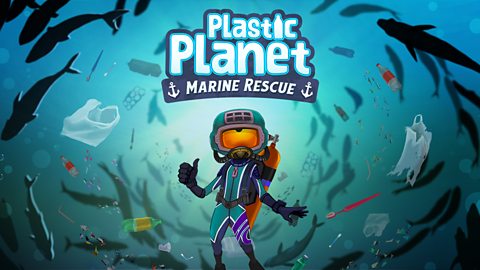
As a marine biologist, players of Planet Marine take on missions to study Earth’s oceans and help marine species. Through mini-games, quizzes and multiplayer adventures, they strengthen their understanding of biology and ecology. Different modes focus on topics like the water cycle, food chains, climate change and conservation. For example, players may analyze fish populations or explore coral reefs while answering scientific questions. The game aims to educate through excitement, allowing students to feel like real scientists exploring the diversity of ocean life. Detailed 3D worlds and marine creatures inspire curiosity about protecting these fragile ecosystems. With an emphasis on hands-on inquiry, Planet Marine brings ocean science concepts alive.
6. Where in the World is Carmen Sandiego?

Originally released back in 1985 by Broderbund, Where in the World is Carmen Sandiego? has become one of the most iconic geography learning games. Players act as junior detectives for the ACME Detective Agency, following clues to track down Carmen Sandiego and her henchmen as they commit capers around the globe. This builds skills in map reading, capital cities, flags, currencies and cultural landmarks. Newer sequels expand the educational scope to diverse topics including art history, computer science and current events. The games employ a mix of multiple choice questions, minigames and tools like case files or surveillance systems. By immersing children in travel mysteries, Carmen Sandiego instills excitement about world geography and global understanding.
7. Civilization Revolution
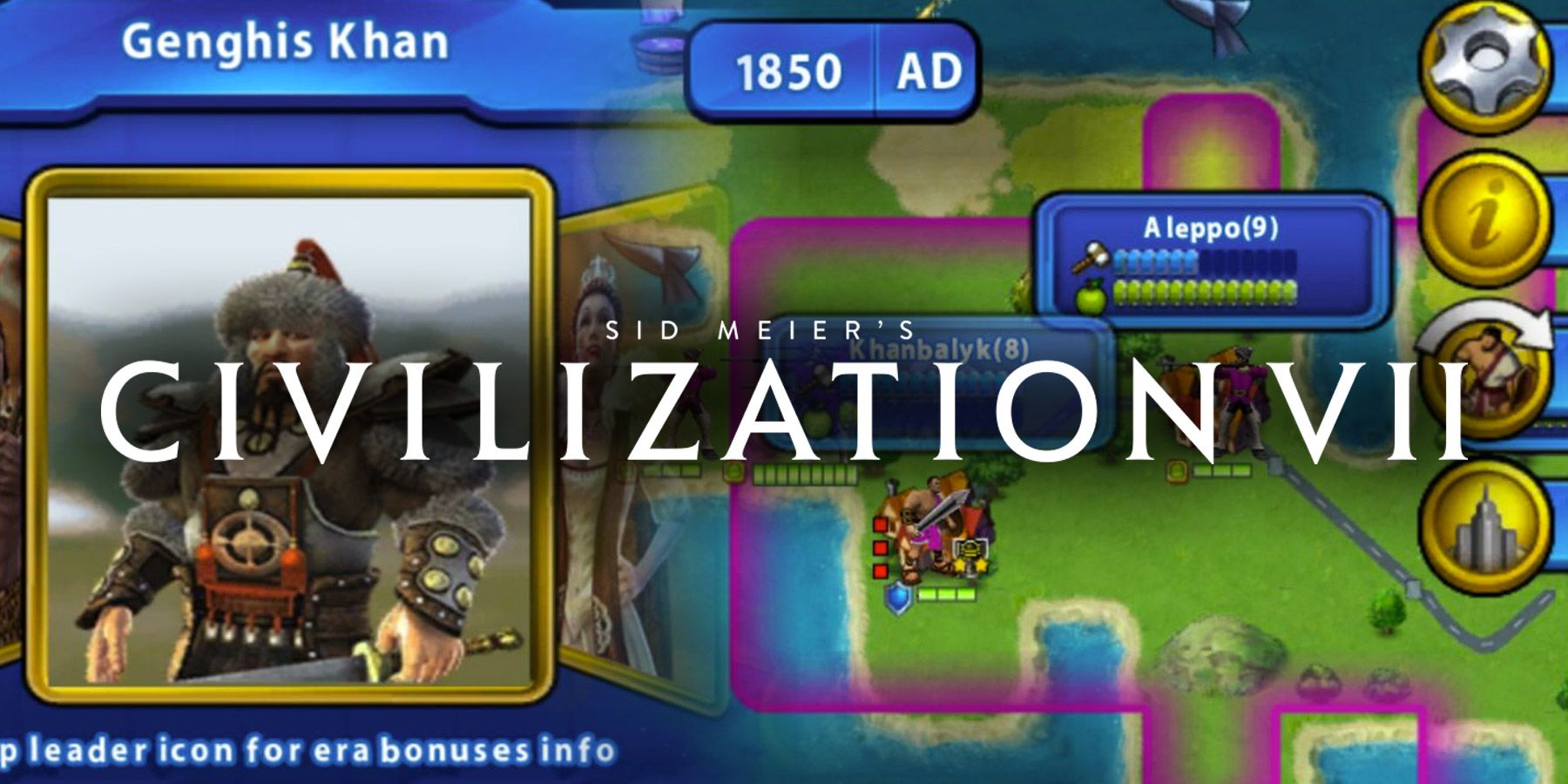
The classic Civilization franchise allows players to shape entire civilizations through the ages in turn-based strategy. Civilization Revolution focuses the complex 4X gameplay into an entryway optimized for education. Players must found and develop cities, guide technological and cultural growth and defend against rivals. Across thousands of years, this engages concepts in social studies, history, economics, diplomacy, logic and more. For instance, managing resources parallels essential history lessons about agricultural and industrial revolutions. The game challenges students to consider how decisions ripple through eras, embedding high-level critical thinking about civil progress. Civilization Revolution inspires curiosity about humanity’s development while exercising analytical mindsets.
Whether addressing core academic concepts or STEAM skills, these 7 games demonstrate how the right educational titles can effectively engage and instruct students through natural gameplay experiences. By situating lessons within compelling interactive adventures, such digital tools promote student agency over their learning in a way that traditional classroom instruction alone cannot always achieve. With careful selection aligned to curricula, educational games deserve a place alongside traditional lessons to support knowledge retention and inspire lifelong learners.

